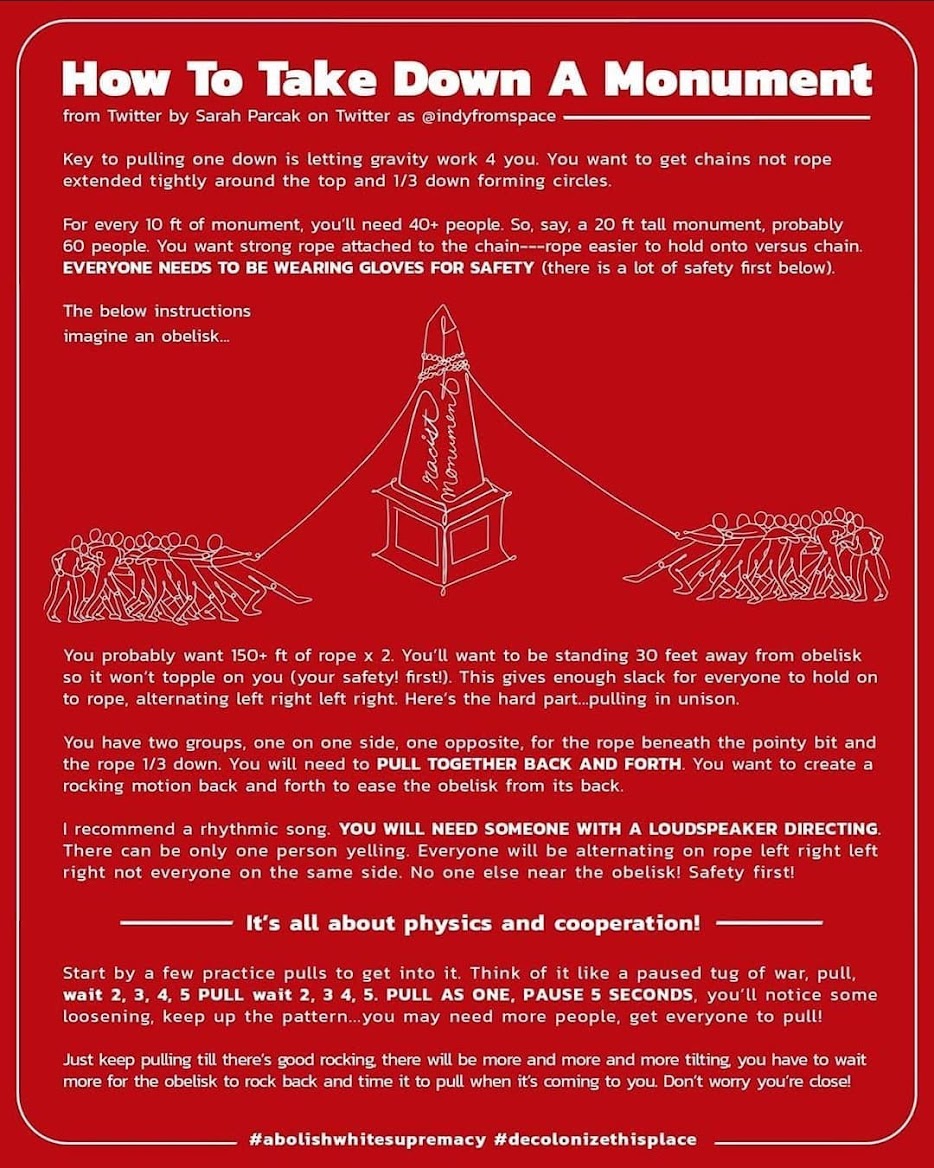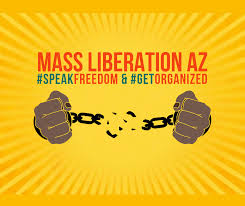Americas Policy Brief: Shadow Prison Industry
Americas Program, Center for International Policy
Tom Barry | January 29, 2010
Outsourcing governmental responsibilities to private contractors is routine and alarming. The Blackwater, Wackenhut, CACI, and Halliburton scandals have highlighted the damage to our foreign affairs resulting from the reliance on private contractors to perform essential foreign policy missions. However, it is at home—in our domestic system of crime and punishment—where government outsourcing and private contracting may be causing the most damage to our system of democratic governance.Elements of our criminal justice and immigration enforcement systems are spinning dangerously out of public control. Increasingly, the Department of Justice (DOJ) and the Department of Homeland Security (DHS) are outsourcing their imprisonment and detention responsibilities to hundreds of contractors and subcontractors—with scant oversight, little transparency, and often tragic consequences. As a result, human rights abuses, squandering of public revenues, and unscrupulous profiteering pervade and pervert the U.S. system of crime and punishment.
A shadow prison industry has spread to all parts of the federal detention and prison system. It is, with a few exceptions, in complete charge of all immigrant imprisonment and detention at both DOJ and DHS. Because the shadow industry has evolved without a plan or strategy, it has become a bizarre, labyrinthine complex of public and private players that is little understood and frighteningly out of control.
The Main Players in the Shadow Prison Industry
The Outsourcers:DOJ: USMS, BOP, OFDT
Within DOJ, since the mid-1990s, the United States Marshals Service (USMS) and the Bureau of Prisons (BOP) have increasingly contracted private prison firms and local governments to assume responsibility for the custody of federal detainees and prisoners. The largest USMS detention centers and most of its immigrant detention centers are operated by private corporations. Since 1998 the BOP has created 10 large prisons solely for immigrants that are managed by private firms.
The other DOJ player in detainee outsourcing is the Office of Federal Detention Trustee (OFDT), created in 2000 to coordinate and provide oversight to a woefully uncoordinated and unmonitored patchwork of detention centers and jails variously operated by local governments, state governments, private companies, and federal agencies. In part because of the creation of DHS in 2003 and in part due to diminished White House concern about the detention center crisis, OFDT currently functions not as a central oversight and coordinating office for federal detention but rather as small DOJ agency that caters to private contractors seeking detention business with the USMS.
DHS: ICE
DHS now surpasses DOJ as the leading federal custodian of detainees. The DHS agency Immigration and Customs Enforcement (ICE) subsumed the legacy of the Immigration and Naturalization Services, taking charge of the criminal detention and deportation of immigrants. Currently ICE holds about 33,000 immigrants on any given day in its network of 350 detention centers—some 400,000 annually.
Prison and Detention Center Owners:
Prisons and detention centers with federal prisoners and detainees are owned variously by: 1) federal agencies (of both DOJ and DHS), 2) private prison companies, and 3) local governments that have agreements and contracts with both federal agencies and private prison firms. Generally, when either owned directly by the federal government or owned by local governments that have custodial agreements with the federal government, the actual operators and managers of the facilities are private prison companies.
Contractors:
Three private prison companies—Corrections Corporation of America, GEO Group, and Cornell Companies—are the largest firms holding federal prisoners and detainees, which constitute the source of about 40% of their revenues. Others include Management & Training Corporation, Emerald Corrections, and Community Education Centers. The prison contractors contract either directly with BOP, USMS, and ICE, or indirectly through contracts with local government intermediaries that have custodial agreements with these three federal agencies.
Subcontractors:
In addition to supplying private prison firms with an increasing stream of federal prisoners and detainees (along with associated per diem payments for "man days"), federal prison outsourcers also have created an adjunct prison services industry of subcontractors. These service subcontractors include private security firms such as Akal Security and Wackenhut Corporation (division of G4S) and correctional healthcare firms such as Physicians Network Association and Correctional Healthcare Management. This network of prison-services companies contracts or subcontracts with all the main actors in the prisoner outsourcing complex: federal agencies, local government intermediaries, and private prison firms.
A federal prisoner can, for example, legally be under BOP custody, but held in a local government prison that is operated by a private prison firm where his or her medical care is provided under a subcontract between the local government and a correctional healthcare firm. As another example of this complicated web of outsourcers, contractors, and subcontractors, a detainee held in one of the several detention centers owned by ICE may actually not be under ICE care but rather under the actual custody of a private security firm.
Local Government Intermediaries:
Federal government outsourcers routinely sign inter-governmental agreements (IGAs) with local and state governments (mostly county governments) that authorize the cooperating government to hold federal detainees or prisoners. In many such cases, the local government then turns around and contracts out the management and operation of the prison or detention center to private prison companies and to prison services subcontractors. USMS or ICE will then typically pay the local government a per-diem stipend for each prisoner. In practice, only a small portion (a couple of dollars) of this per diem goes to the local government, with the balance being transferred to the contractors, subcontractors, and investors who provide the capital to build prisons. Local governments that have signed prison IGAs often subcontract medical care responsibilities to correctional healthcare firms. In practice, the local government intermediaries exercise no oversight of their contractors and subcontractors.
The Main Problems in the Shadow Prison Industry
The federal government has proved increasingly unwilling to take direct responsibility for the human products of its vast criminal justice and immigration enforcement systems. Instead, it has outsourced this thankless, costly task. In doing so, the federal government has: 1) largely avoided its responsibilities for contract management and oversight; 2) ignored its continuing responsibility to monitor conditions inside these federally financed prisons; and 3) created a shadow industry that has, in practice, near-absolute control over more than a half-million prisoners and detainees.Problems with the shadow prison industry mostly fall under the following issues of concern:
1. Lack of Coordination: Federal government outsourcers rely largely on the same patchwork system of hundreds of contractors and subcontractors. Both ICE and USMS depend exclusively on this contracting network to hold the rapidly expanding number of federal detainees, largely legal and illegal immigrants. Described by congressional studies as a crisis in the late 1990s, the now bifurcated (DHS and DOJ) federal detention system, overwhelmed in both departments by the surge of immigrant prisoners and detainees, has recently become vastly more complicated and problematic.
DHS's new promise to overhaul its own part of the federal detention system ignores the recent history of attempts to reform the system, and illustrates the bureaucratic tension between DOJ and DHS. What is more, DHS has failed to acknowledge its own role—by increasing criminalization of immigration violations and launching new criminal alien programs—in driving the surge of immigrant prisoners in the BOP and USMS facilities.
2. Lack of Effective Oversight: While the prison industry and its supporters argue that the chief motivation for prisoner outsourcing is to improve efficiency and reduce costs, little evidence exists to support this conclusion. Instead, the operative factors driving this booming shadow prison industry include intense prison-industry lobbying, the spread of the government downsizing ideology, and the eagerness of federal justice and immigration agencies to rid themselves of the burden of incarceration.
Rather than providing effective oversight and contract monitoring, federal outsourcers function mostly as expeditors of contracts and per diem payments. In the absence of due diligence at DOJ and DHS, federal prisoner/detainee outsourcing has led to gross abuses of prisoner/detainee rights, a pattern of financial irregularities, and the emergence of a virtually uncharted archipelago of private/public prisons.
3. Lack of Transparency: A near-total absence of committed oversight has allowed the prison industry to flourish in the shadows. Requests for the most basic information about the functioning of these prisons and detention centers routinely lead nowhere.
Private operators like GEO Group bounce back media requests and questions from advocacy organizations to local government prison owners and to the federal outsourcers. In turn, local government entities with IGAs refer inquiries to their contractors and subcontractors, knowing that this will lead to another dead end. For their part, the federal outsourcers refer inquiries to their local government and private partners and demand that requests for the even the most basic information be channeled through FOIA submission, and then belatedly reply with denials or heavily redacted documents, citing trade secrets and proprietary information.
It is a revolving pass-the-buck system in which all the main players deflect questions to the other players. The outsourcing system permits them to evade their own responsibility and to contend that the problems and failings of the prison outsourcing systems belong to their contract partners. The result is a convoluted system of incarceration that is little understood. However, more importantly, there are no effective pathways to seek understanding and clarity about the functioning of the heavily outsourced prison system. It is a system that thrives in the absence of systematic governance—a system that daily consigns thousands of U.S. residents to this shadow world.
-----------------------
Recommended Solutions
Reforms to address the lack of accountability and transparency that is endemic to the prison outsourcing system include:- Support H.R. 2450 to extend the Freedom of Information Act (FOIA) to all federally contracted prisons and detention centers. The details and reports of operations of prisons and detention centers that rely totally on federal contracts should be open to FOIA requests. If these firms find that onerous or intrusive, they can decide not to renew their contracts.
- Insist that the Office of Inspector General of DOJ undertake an examination of the transparency problem—generalized congressional, public, and media inability to secure nonproprietary information about the management, operations, and conditions of the BOP and USMS prisons and detention centers.
- Promulgate binding minimum standards for federal detention facilities, and immediately ensure that USMS and ICE detention centers comply with the existing and nonbinding standards.
- Eliminate the federal tax-exempt provision for municipal bonds financing prison construction that are not reviewed and approved by voters.
- The DOJ's Inspector General and the Government Accountability Office should study the rationale and the legality of the BOP prisons and USMS detention centers designed solely for immigrants. This segregation of immigrants within the criminal justice system raises serious issues of unequal treatment, including grossly inadequate medical care, routine solitary confinement, difficult access to lawyers and family, and little federal oversight.
- End the current practice of continuing and renewing prison contracts with irresponsible, negligent, and abusive contractors. Instead, BOP, ICE, and USMS should immediately terminate federal contracts and IGAs with private firms and government entities that intentionally overcharge the government or that grossly or repeatedly fail to meet the conditions of these federal contracts and agreements for prison and detention services.
- Given new revelations about the continuing pattern of deaths and the absence of proper medical care of immigrant detainees in privately operated ICE detention centers, Congress and the administration should launch investigations to review the number of possibly wrongful deaths of legal and illegal immigrants held in the immigrant-only USMS and BOP correctional facilities.
--------------------------
Such reforms would constitute important first steps in improving accountability and transparency in federally contracted private prisons. However, the underlying, causal problem is the federal government's unwillingness to assume full and direct responsibility for the consequences of its enforcement and sentencing policies. The criminal justice and immigration systems are both badly broken and immensely costly, having resulted in the mass incarceration of nonviolent citizen and noncitizens.
Structural reforms are urgently needed that will substantially reduce the numbers of citizens and immigrants that are relegated to expensive and ineffective lock-ups and that will give more consideration to alternatives to detention, community supervision, and the termination of prison sentences for many nonviolent offenses, particularly drug law and immigration violations.
Our country cannot afford the high financial, social, and moral price of mass incarceration and mass detention. What is more, imprisonment and detention are inherently governmental responsibilities, which should not be outsourced to private firms and local governments that view criminal and immigration law violators primarily as a source of profit and revenue.
Presented by Tom Barry, director of the Transborder Project of the Center for International Policy, at Congressional Briefing, January 25, 2009, on H.R. 2450, a bill sponsored by Rep. Sheila Jackson-Lee, among others, to ensure fiscal accountability and reduce fraud and waste by extending FOIA to include all correctional facilities that hold federal prisoners and detainees. Private Corrections Institute (a prison reform advocacy group) was pivotal in organizing the briefing.
http://americas.irc-online.org/am/6522
The New Political Economy of Immigration
http://americas.irc-online.org/am/5873
ICE Detention Reforms Hide Abusive Practices
http://americas.irc-online.org/am/6506
Structural reforms are urgently needed that will substantially reduce the numbers of citizens and immigrants that are relegated to expensive and ineffective lock-ups and that will give more consideration to alternatives to detention, community supervision, and the termination of prison sentences for many nonviolent offenses, particularly drug law and immigration violations.
Our country cannot afford the high financial, social, and moral price of mass incarceration and mass detention. What is more, imprisonment and detention are inherently governmental responsibilities, which should not be outsourced to private firms and local governments that view criminal and immigration law violators primarily as a source of profit and revenue.
Presented by Tom Barry, director of the Transborder Project of the Center for International Policy, at Congressional Briefing, January 25, 2009, on H.R. 2450, a bill sponsored by Rep. Sheila Jackson-Lee, among others, to ensure fiscal accountability and reduce fraud and waste by extending FOIA to include all correctional facilities that hold federal prisoners and detainees. Private Corrections Institute (a prison reform advocacy group) was pivotal in organizing the briefing.
For More Information
A Death in Texas: Profits, Poverty, and Immigration Convergehttp://americas.irc-online.org/am/6522
The New Political Economy of Immigration
http://americas.irc-online.org/am/5873
ICE Detention Reforms Hide Abusive Practices
http://americas.irc-online.org/am/6506








